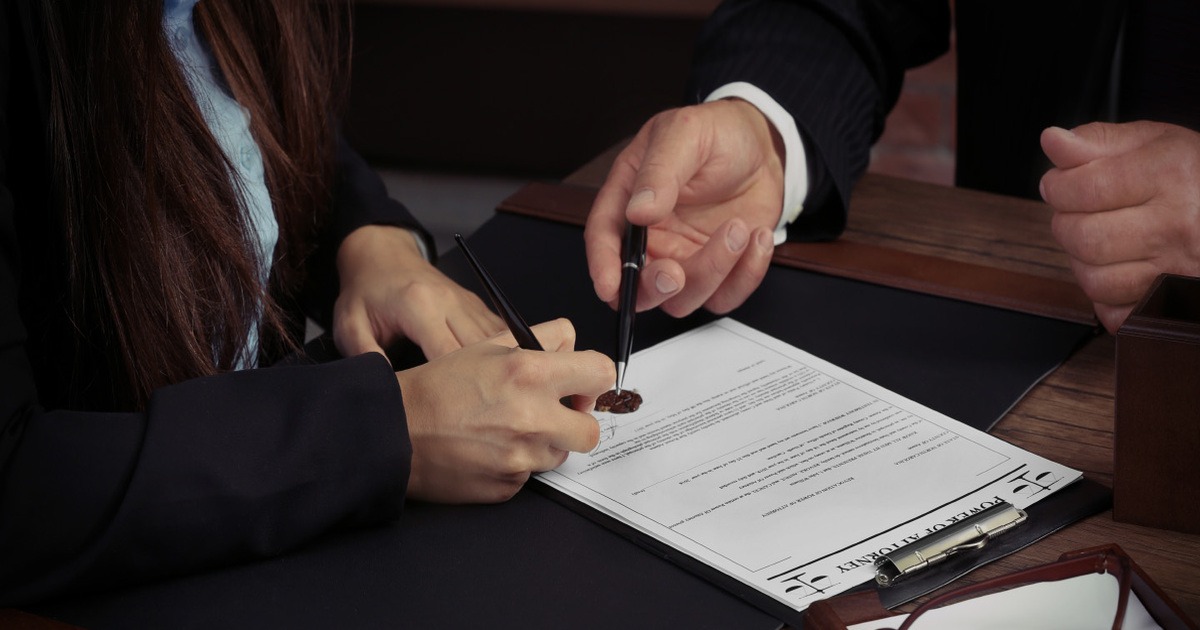


A property power of attorney is a legal document that grants a person (the “attorney-in-fact” or “agent”) the authority to act on behalf of the property owner (the “principal”) in various matters related to the property. This authority can include tasks such as buying, selling, leasing, mortgaging, or managing the property. The power of attorney allows the agent to make decisions and execute transactions as if they were the property owner.

1. Property document collection
All the property papers can be uploaded or hard copies can be collected.

2. Review & Analysis
All the property papers can be uploaded or hard copies can be collected.

3.Detailed consultation
All the property papers can be uploaded or hard copies can be collected.

4. Delivery
All the property papers can be uploaded or hard copies can be collected.
It’s crucial to consult legal experts when drafting and executing a property power of attorney to ensure that it complies with local laws and regulations. The principal should also carefully consider the agent’s trustworthiness and competence before granting them authority over property matters.
